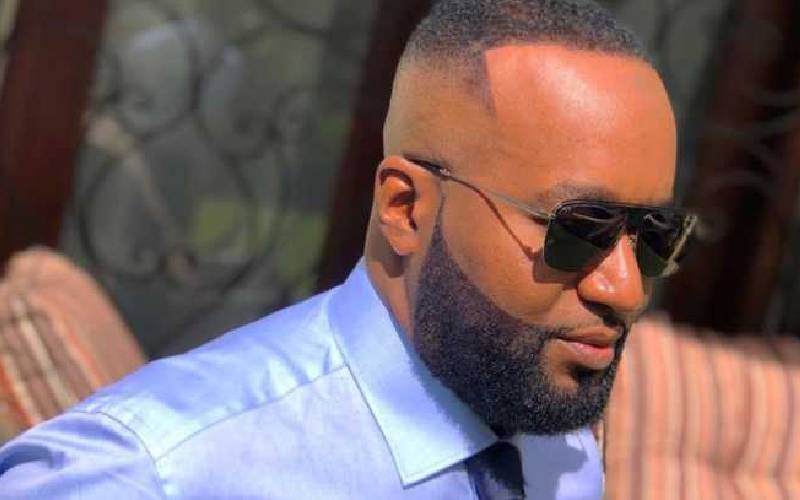×
The Standard e-Paper
Fearless, Trusted News

Beards, those hairy extensions of masculinity, are back as fashion and cultural statements: long or short, matted or manicured, trimmed or wild, bobbed or bushy, they seem to transcend generations in their cyclic comebacks for aesthetics too.
And not since the advent of hair curlers and perm kits in the 1970s and 80s has facial hair become such a trendy mark of a man, his class, his taste.